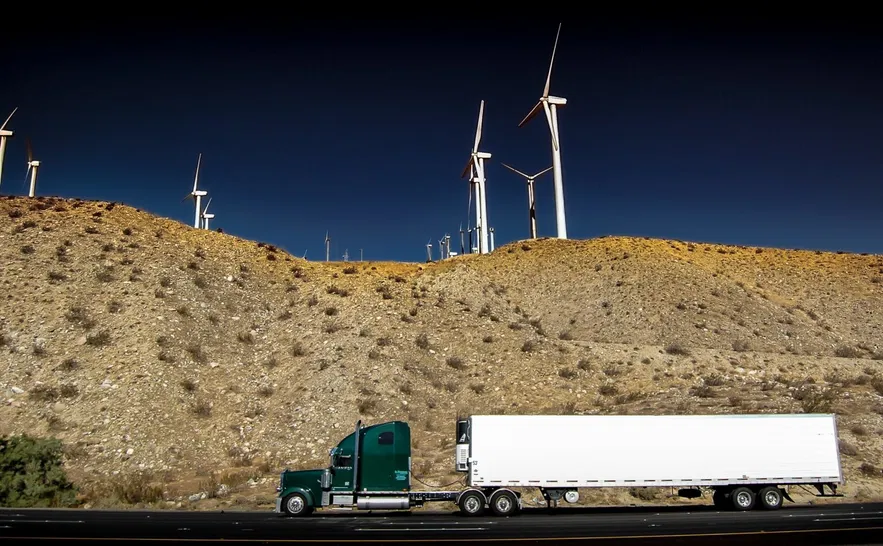Understanding the Legal Landscape of Zero Emission Vehicles
California’s lawsuit against the federal government centers around challenges to the rollbacks of federal regulations on Zero Emission Vehicles (ZEVs), asserting that these actions are unconstitutional and unlawful. The state argues that the rollback undermines its efforts to promote cleaner air and reduce emissions.
Waivers and Their Historical Context
The lawsuit, spearheaded by California Attorney General Rob Bonta, became prominent on a day that marked a significant federal shift in policy. The U.S. District Court for the Northern District of California is set to hear the case, which contends that the waivers that California previously received from the Environmental Protection Agency (EPA) fell within the state’s right to implement its own Advanced Clean Trucks (ACT) rules. These waivers were crucial for the state to manage its emission standards and vehicle regulations effectively.
Typically, these waivers have been granted without congressional oversight since the 1970s, marking a significant level of state authority in establishing environmental regulations. However, the tide turned with federal intervention seeking to invalidate these waivers under the Congressional Review Act (CRA), stirring a legal storm that could reshape the regulatory balance between state and federal powers.
The Core Argument: State Sovereignty Versus Federal Action
One essential argument presented in the lawsuit suggests that the CRA was intended for federal rules developed through established processes, not for actions taken at the state level. This foundation claims that “no state consented to the CRA as a means for Congress to negate state rules,” emphasizing the dignity of state sovereignty. The state maintains that the federal government has overstepped its boundaries by targeting its regulations directly.
By invoking the CRA, federal authorities are accused of disregarding decades of previous legal interpretations and practices that maintained a clear separation of federal and state powers. California’s legal team argues that the CRA has never been utilized in such a fashion before, and subjecting state regulations to this federal review imposes an unconstitutional layer of oversight.
Coalition of States Standing Together
California isn’t defending this stance alone. A coalition of states—Colorado, Delaware, Massachusetts, New Jersey, New Mexico, New York, Oregon, Rhode Island, Vermont, and Washington—have united with California in this fight. Their combined influence is formidable, as these states were already taking steps to accelerate the transition to ZEVs. This ensures that the waivers intended to foster a shift to cleaner transportation solutions have garnered national interest, indicating that many other states are willing to follow California’s lead and stand against federal encroachments.
The jurisdictional tug-of-war highlights how this challenge could have long-lasting effects on logistics, shipping, and transportation sectors as various regions adapt to varying emissions standards. This is something the logistics industry should keep a close eye on, as differing regulations can complicate freight and delivery standards across state lines.
Broader Implications of the Lawsuit
The lawsuit points out that the waivers are subject to review in a federal Court of Appeals, and the outcome could have ripple effects on the logistical frameworks responsible for transporting both goods and people. The process could impact how logistics companies strategize their operations, particularly if state regulations increasingly diverge from federal guidelines.
Moreover, California’s unique ability to secure such waivers under the Clean Air Act reflects a broader trend toward states adopting aggressive policies aimed at climate change—not only regulating vehicles but also influencing freight transport practices and standards.
External Opinions and Congressional Responses
Various external entities, including the General Accounting Office and the Senate Parliamentarian, weighed in on the issue ahead of the congressional action. They echoed California’s position, suggesting that the waivers do not conform to the CRA’s specifications. However, Congress moved ahead regardless of this advice, igniting further debates about the appropriateness and legality of using the CRA in this context.
The lawsuit also brings attention to the congressional silence regarding how these waivers originally escaped scrutiny when implemented. With such legislative dynamics at play, understanding the logistics implications of these regulatory changes has never been more urgent.
Conclusion
As the wheels of the legal system turn, this lawsuit highlights the contentious relationship between federal regulations and state-led initiatives on clean air and zero-emission vehicle goals. Though some may wonder what impact this could have on logistics globally, the decision could ultimately signal shifts in how various states approach sustainability and transport solutions. Businesses in the logistics realm must prepare for potential changes and headwinds that may arise from this gripping legal battle.
Remember, even the clearest legal insights can’t replace firsthand experience. You can take charge of your next cargo transport needs at the most competitive prices worldwide by leveraging the offerings of GetTransport.com. The platform ensures transparency and an extensive range of choices, so you can navigate your logistics needs effortlessly. Start planning your next delivery and secure your cargo with GetTransport.com.

